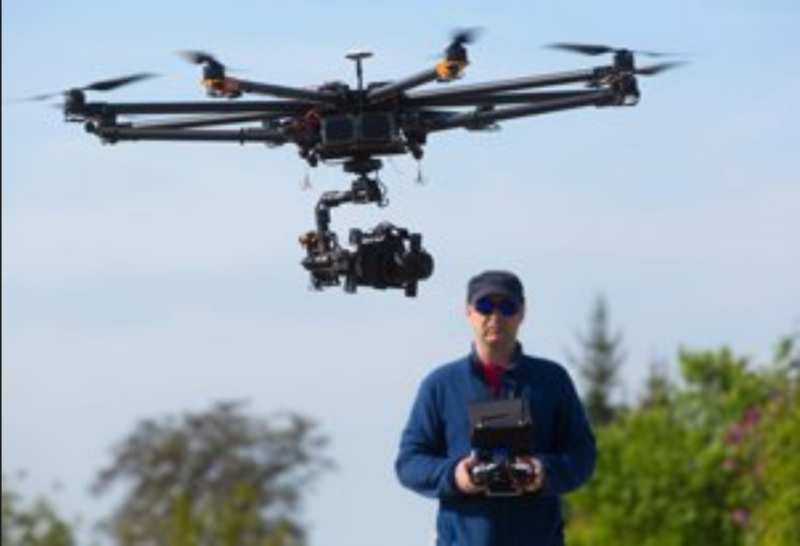
The Pentagon is worried about the misuse of commercially available drones by organizations like Hezbollah, and Islamic State to attack the US and allies. Military officials express the urgency of bringing drone countermeasure solutions to the battlefield overseas to counteract the emerging threat.
Being cheap, light and technically advanced, commercially-sold drones have become a new alternative to create terror for organizations like Hezbollah, Islamic State or anyone wishing to produce little chaos.
During the Washington forum that discussed the future of war practices, US Marine Corps General Robert Neller expressed his concern that just a small quadricopter for $400 is enough to carry a bomb to attack individuals.
The new situation is especially dangerous to the US troops overseas, which are now forced to fight in battlefields without total air supremacy. "There has been a growing concern among the military" said Andrew Metrick, security intelligence analyst at the Center for Strategic and International Studies.
The US military began to study small drones and the best way to respond to them. The Defense Advanced Research Projects Agency asked for ideas on how to protect troops from this new threat. "We are looking for scalable, modular and cost-effective approaches that can be deployed over the next three to four years and evolve rapidly with tactical and threatening advances," an agency program manager, Jean-Charles Ledé, said in a statement. One possible solution being considered by the military is to use a device that blocks electronic signals to prevent a drone operator from flying over a particular area.
A Marine or soldier who sees a drone in the sky usually shoots to knock it down, but small drones can operate subtly and fool the radars because they are little larger than a bird. Unlike an improvised explosive device, an enemy using a small drone "can not blow up a tank, but it is easier to attack individuals, gather intelligence, and deactivate many features by forcing Americans to respond to the danger," said Loren Thompson, defense analyst at the Lexington Institute. "Anyone who thinks there's a drone nearby who's watching or who might be a threat needs to be more careful - which means they're distracted from their primary mission."
Bookmark & Share
User Comments
Be the first to comment on this post below!
Previous Article
Next Article
Most Popular Articles
- Photos show 'weaponized commercial drones' in Iraq
- Anti-drone squads will now police prisons in the U.K.
- African airline reports drone collision with Boeing 737-700
- ISIS increasingly modifying drones to drop bombs
- North Korea May Be Developing a Dirty Bomb Drone
- Islamic State uses drone with explosives to kill troops in Iraq
- Two near-crashes between airplanes and drones
- Unidentified drones spotted above Nordic military exercise
